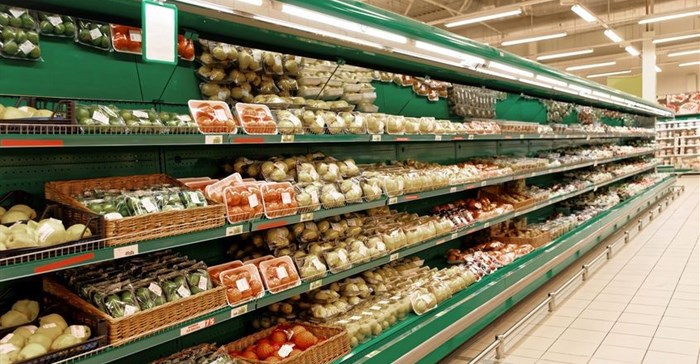Slowdown in food inflation set to ease burden

Meat, fruit and vegetables remain expensive items on grocery slips, but the pinch consumers have been experiencing for a while now has been eased slightly by lower bread and cereal prices.
The food component of the producer price index (PPI) slowed to 1.0% while the consumer price index (CPI) showed that food inflation had moved lower in December at 4.9%. In February 2017, food inflation was as high as 10.0%. Drought was blamed for the high food inflation, which resulted in substantial hikes of food over the past two years.
Over the past three years, the price of bread has risen nearly twice as fast as the inflation rate. But bread and cereal prices, which make up nearly a third of the national food inflation basket, have dropped 5%.
Consumers were paying R8.17 for white bread in June 2017, from R7.95 in December 2016. By December 2017, the price of bread dropped to R7.59. "Those products [bread and cereal] are way less now than last year," Wandile Sihlobo, head of agribusiness research at Agbiz, said.
Although meat prices have remained high, the pace at which they have risen has slowed. In December 2017, meat price increases were elevated at 14% year on year. With the culling of herds on the rise, meat inflation should fall further in coming months, said Momentum economist Sanisha Packirisamy.
Fruit and vegetable prices, however, were likely to rise because of the drought affecting the Western Cape.
Source: Business Day